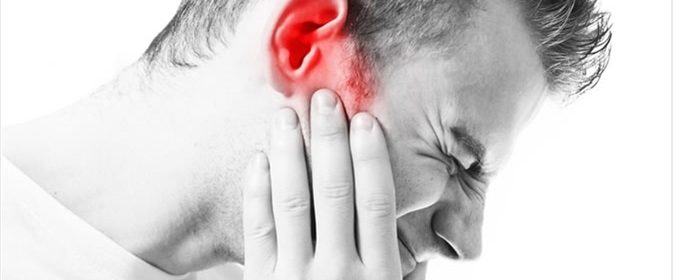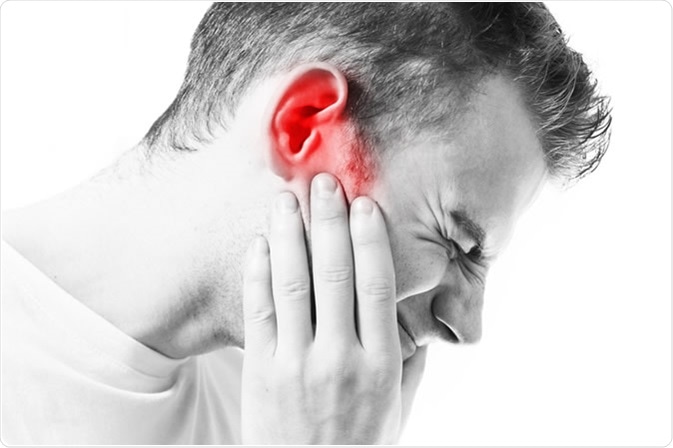buy cheap zoloft ca no prescription

Buy doxycycline canadian pharmacy no prescription
Tinnitus is a common condition characterized by the perception of sound without an identifiable external source. It is often referred to as “ringing in the ears”, but it can take the form of various perceptions of sounds, including swooshing, clicking, buzzing, whistling, and hissing.
Tinnitus is usually a symptom of an underlying medical condition, such as age-related hearing loss, circulatory system problem, or ear trauma. There is no cure for the condition, but treatment focuses on managing the symptoms and treating the underlying condition.

At least 50 million people in the United States have experienced tinnitus or hearing noises without an external source. Subsequently, approximately one in five people with tinnitus experience discomfort that causes distress and negatively impacts their quality of life.
Tinnitus affects about 10 percent of people in the United States, and 90% of those persons also experience, hearing loss. About half of persons affected by tinnitus seek medical attention.
Further Reading
- What is Tinnitus?
- Tinnitus Causes
- Tinnitus Symptoms
- Tinnitus Diagnosis
- Hope for Those with Tinnitus
Chronic or persistent tinnitus is that lasting for six months or more. In some cases, the condition doesn’t go away unless the underlying medical condition is identified and treated.
The exact cause of tinnitus is still unclear, but the most common conditions linked to its development include ear cell damage, age-related hearing loss, impacted cerumen, prolonged exposure to loud noises, changes in ear bones, head or neck injuries, and intake of some medicines. Other causes include eustachian tube damage, ear infection, traumatic brain injury, diabetes, acoustic neuroma, Meniere’s disease, and temporomandibular joint disorders.
Tinnitus and the brain
Many studies have shown that tinnitus has negative effects on the brain.
Tinnitus causes changes in brain networks
Tinnitus can make the brain more attentive. Though it sounds positive, in the long term, it can negatively impact the brain. In a study by researchers at the University of Illinois, they found that chronic tinnitus has been linked to changes in certain networks in the brain. These changes make the brain more attentive and less relaxed.
Tinnitus is linked to two networks in the brain, dubbed as the dorsal attention network, which recognizes stimulants like touch and noise, and the default mode network, which oversees activities during relaxation and rest.
When a thing captures a person’s attention, the dorsal attention network activates. But in some cases, the default mode network would kick in, allowing the person to relax and prevent mental fatigue.
In a person with tinnitus, the brain focuses more on the ringing or buzzing sound, preventing him to go into default mode. The brain would always be attentive, leading to mental fatigue.
Tinnitus causes mental exhaustion
The condition is worse in people with chronic tinnitus. The brain isn’t designed to be focused or attentive all the time. It needs ample time to relax and rest. Sleep, meditation, relaxation, and study breaks are essential to help the brain recover.
However, chronic tinnitus lets the person focus on the sound of the tinnitus every waking moment, not able to fully relax. This all leads to mental and physical exhaustion, restlessness, irritability, insomnia, and fatigue.
Treating the underlying medical condition behind tinnitus is the treatment to reduce its effects on the body and brain. While some types of tinnitus can’t be completely eradicated, the symptoms can be alleviated, making it easier to cope with. Though not all treatments are promising to remove tinnitus, some measures may help make life easier.
Sources:
- National Institute on Deafness and Other Communication Disorders (NIDCD). (2017). https://www.nidcd.nih.gov/health/tinnitus
- (2005). Brain Activity and Tinnitus. PLoS Med 2. journals.plos.org/plosmedicine/article?id=10.1371/journal.pmed.0020194
- Haider, HF, Bojic, T., Ribeiro, S., Paco, J., Hall, D., and Szczepek, A. (2017). Pathophysiology of Subjective Tinnitus: Triggers and Maintenance. Frontiers in Neuroscience. https://www.ncbi.nlm.nih.gov/pmc/articles/PMC6277522/
- American Academy of Otolayngology- Head and Neck Surgery. (2018). https://www.entnet.org/node/1324.
- Schmidt, SA., Carpenter-Thompson, J., and Husain, F. (2017). Connectivity of precuneus to the default mode and dorsal attention networks: A possible invariant marker of long-term tinnitus. Neuroimage: Clinical. https://doi.org/10.1016/j.nicl.2017.07.015
Further Reading
- All Tinnitus Content
- What is Tinnitus?
- Tinnitus Causes
- Tinnitus Symptoms
- Tinnitus Diagnosis
Last Updated: Jul 8, 2019

Written by
Angela Betsaida B. Laguipo
Angela is a nurse by profession and a writer by heart. She graduated with honors (Cum Laude) for her Bachelor of Nursing degree at the University of Baguio, Philippines. She is currently completing her Master's Degree where she specialized in Maternal and Child Nursing and worked as a clinical instructor and educator in the School of Nursing at the University of Baguio.
Source: Read Full Article